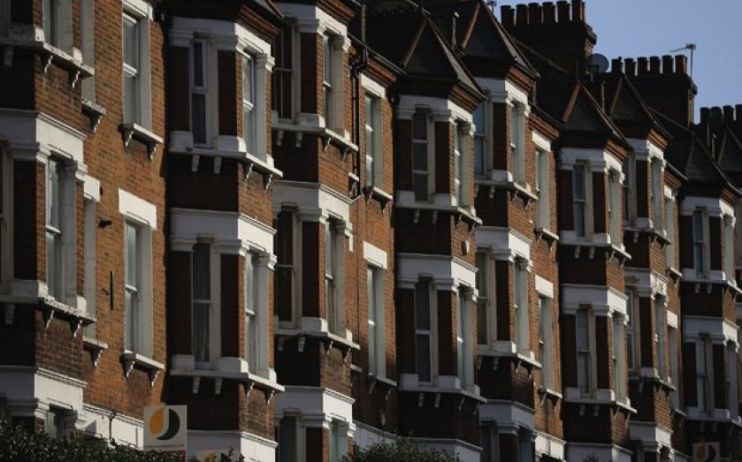Winter of discontent: Price cap to peak at over £2,800 next January

Energy specialist Cornwall Insight has warned the consumer price cap could rise to over £2,800 per year in January.
This means prices will peak in the depths of winter, leaving millions of households struggling to pay their bills in the coldest month of the year
It has also raised its estimates for this October to £2,790 per year – a near £200 increase on its previous forecast – following updated guidance from Ofgem.
Earlier this week, the watchdog’s chief executive told the House of Commons that recent volatility across wholesale gas and electricity markets following Russia’s invasion of Ukraine meant prices were likely to spike again when the cap is next reviewed.
He said: “I know this is a very distressing time for customers, but I do need to be clear with this committee, with customers and with the government about the likely price implications for October.”
Wholesale prices have soared over the past six months amid rebounding demand from the pandemic, and supply disruption and fears of shortages – which has been exacerbated by the conflict in Eastern Europe.
The price cap was already hiked an eye-watering 54 per cent to nearly £2,000 per year last month, amid mass carnage across the energy sector which saw 29 suppliers collapse between September and March.
This directly affected over four million customers, and includes the collapse of Bulb Energy, the UK’s seventh biggest supplier, into de-facto nationalisation last November.
Its business remains on life-support, propped up by £3bn in public funds – the biggest state bailout since RBS in 2008.

Conrwall Insight’s January prediction is based on the price cap becoming a quarterly mechanism, rather than being updated twice a year as it is currently.
Ofgem argues this would mean household bills will go down as soon as market conditions allow.
However, with analysts expecting high prices to be baked in to the market until at least 2024, it also raises the prospect of more frequent hikes to household bills – deepening a cost-of-living crisis powered by high inflation which has seen food and fuel bills also rise to record levels.
Earlier this month, EON boss Michael Lewis warned Parliament that over 40 per cent of its eight million customers could drop into fuel poverty if the government does not provide more support for households.
Fuel poverty is defined as spending more than 10 per cent of income on energy bills.
Dr Craig Lowrey, principal consultant at Cornwall Insight, said: “The options for consumers are limited, and it has never been more important for the government to review its options surrounding support for consumer energy bills. In the short-term, this could mean a review of the Energy Bills Rebate and more targeted support for vulnerable consumers.
The Chancellor is expected to announce a £10bn package of support for households today, according to the BBC, which is likely to include a windfall tax.
Despite Tory MPs voting down Labour’s proposal for a one-off levy in the House of Commons last week, it is expected Rishi Sunak will unveil an investment-linked windfall tax on all North Sea operators to help fund £400-600 savings for consumers.